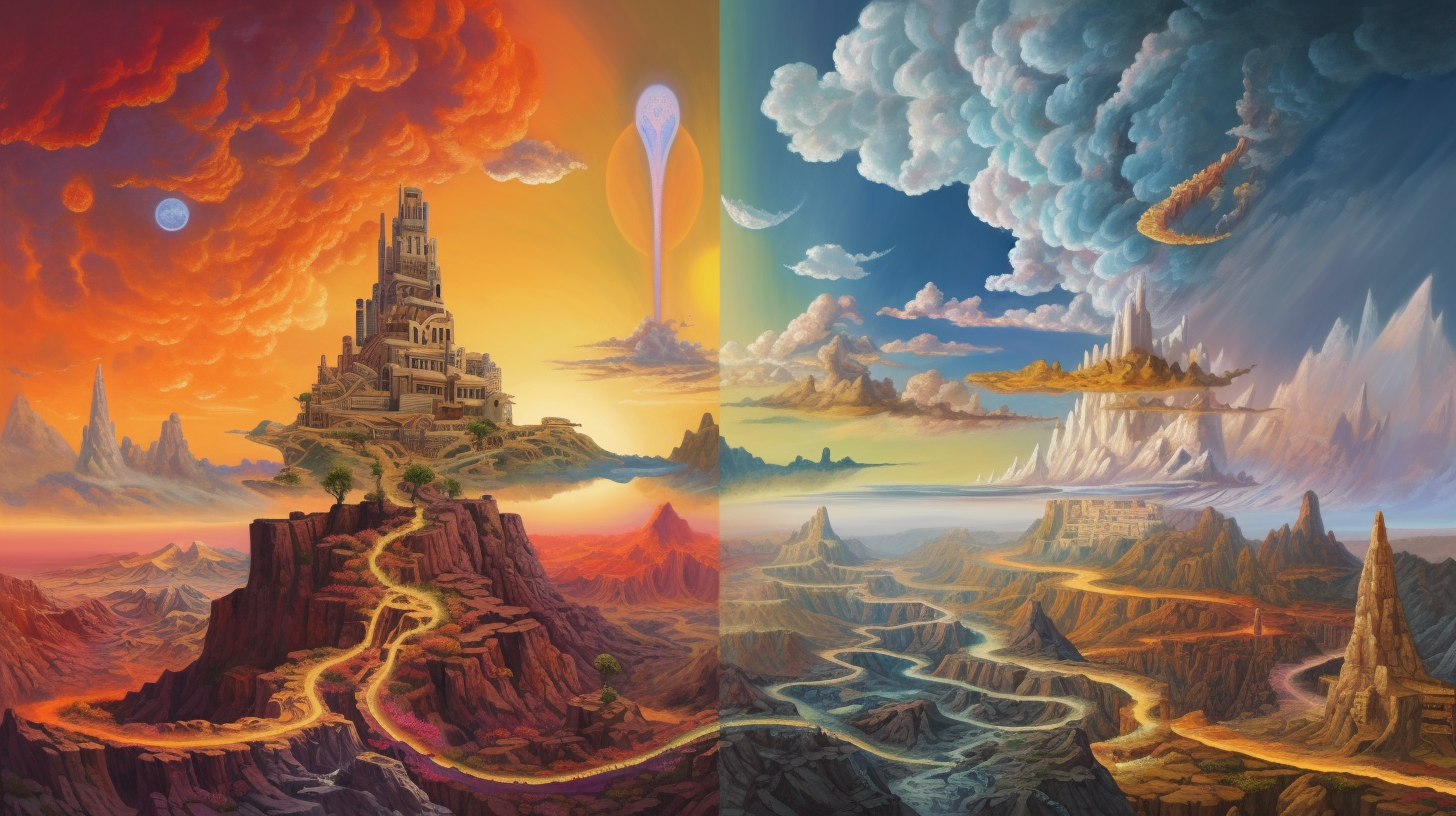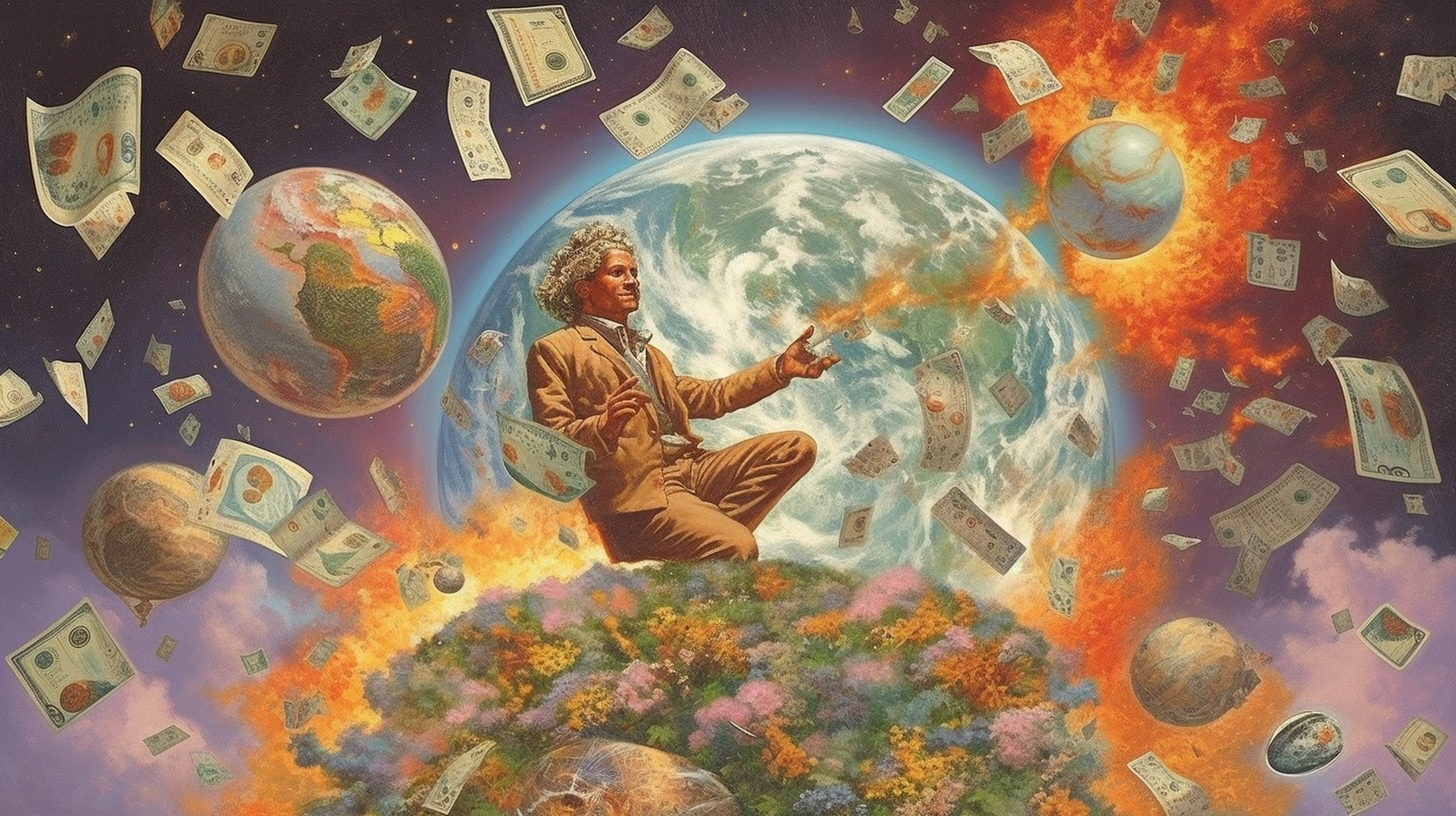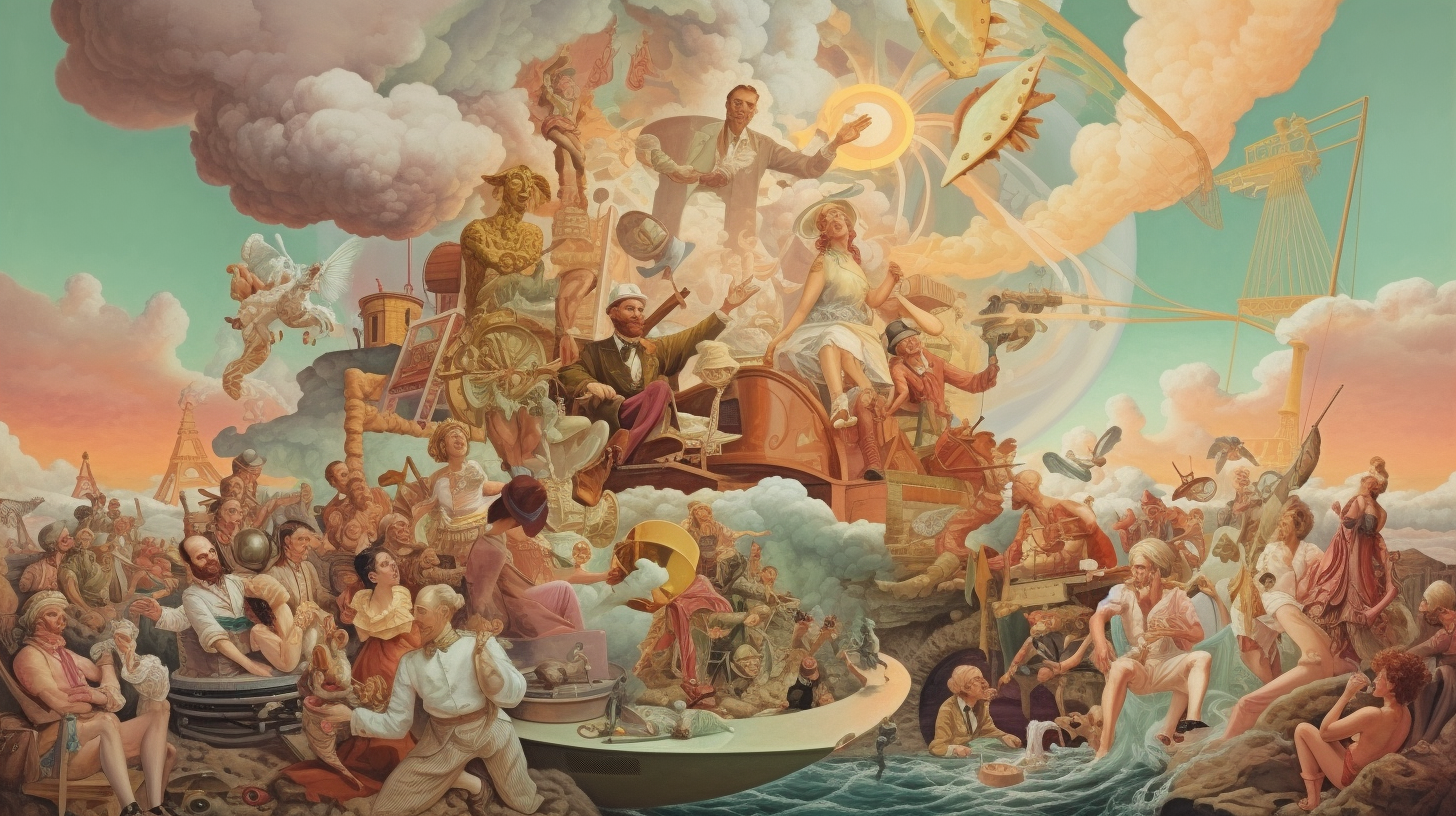The Creator Economy: Empowering Individuals and Transforming Industries
The emergence of the creator economy, a phenomenon witnessed in recent years, signifies a profound transformation in content creation, consumption, and monetization. Its ascent has sparked a revolution, an upheaval of the conventional notions of labour, empowering individuals to craft their own brands, engage fervently with their audiences, and indelibly reshape industries. This burgeoning force, fueled by technological advancements and the democratization of digital platforms, assumes an influential stance, unfurling new prospects for content creators, entrepreneurs, and consumers alike. In the following discourse, we shall delve into the transformative impact that envelops the creator economy, uncovering the driving forces behind its meteoric rise while considering its various challenges and benefits for individuals and industries.
Central to comprehend the rise of the creator economy is an acknowledgment of the transformative potential that the internet and social media platforms have unveiled. Conventional hierarchies, epitomized by media conglomerates and publishing houses, have been effectively sidestepped, granting an unprecedented latitude to an array of autonomous creators. These modern-day artisans include the vanguards of YouTube, the purveyors of podcasts, the chroniclers of the blogosphere, the influencers shaping public opinion, and the prodigious writers, musicians, and artists who ply their trade.
Among the principal impetuses that have galvanized the creator economy's ascendance lies the minimal barrier to entry. Access to affordable technology and the democratization of platforms have demystified the content creation process, bestowing upon any individual endowed with a unique skill, talent, or perspective the mantle of a creator. This levelling of the playing field, as it were, has ushered forth marginalized voices, fostering an environment conducive to diversity and inclusion within the creative realms.
At the core of the creator economy's allure is its capacity to empower individuals, conferring an unprecedented agency over their work and attaining financial independence. Creators, now unrestrained, can methodically construct their brands, forging direct connections with their audiences and engendering a palpable sense of community and unwavering loyalty. By embracing the interactivity facilitated by social media platforms, content creators can instantaneously glean feedback, nurture collaborations with their devotees, and adroitly shape their content to cater to the difficulties and interests of their discerning viewership.

Crucially, the creator economy has imbued its protagonists with an array of avenues for monetization, eviscerating the traditional reliance on a select few gatekeepers. Through astute navigation of the digital landscape, creators can now leverage various revenue streams, ranging from lucrative brand partnerships and sponsorships to merchandise sales, crowdfunding initiatives, ad-generated revenue, and direct fan support ingeniously facilitated by platforms like Patreon. Diversifying income sources is an invaluable safeguard against reliance on a solitary channel while empowering creators with greater control over their financial stability.
One must also grapple with the extensive ramifications of the creator economy's incursion into established industries, the subsequent disruption of entrenched business models, and its indelible imprint on consumer behaviour. In music, for instance, artists now find themselves liberated from the shackles of record labels, adroitly eschewing their intermediation by independently releasing and distributing their musical oeuvre. Intrinsic to this newfound independence is the direct engagement with fans, the fortunate ability to peddle merchandise, and the advent of crowdfunding as a viable conduit for the fruition of artistic projects. This emancipation empowers artists to retain unmitigated creative control while simultaneously forging sustainable careers on their own idiosyncratic terms.
Analogously, the publishing industry has undergone a seismic transformation in the wake of the creator economy's inexorable ascent. The proliferation of self-publishing platforms and the omnipresence of e-books have unshackled authors from the conventional constraints imposed by publishing houses. Wielding an unrestrained agency, these authors can now directly present their stories to eager readers, circumventing the need for interlocutors. Such democratization has facilitated the flourishing of diverse voices, the ascent of niche genres, and the creation of fertile ground for burgeoning writers to showcase their untapped talents.

Moreover, the creator economy has inaugurated a paradigm shift in marketing and advertising. The potent influencer marketing tool has offered brands an authentic conduit to reach their target audiences. Collaborating with creators who have cultivated trust and credibility within their respective spheres, brands can penetrate engaged communities and invigorate marketing campaigns with a personalized touch, thereby fostering a deeper resonance with consumers.
Yet, amidst the undeniable allure and manifold benefits, the creator economy confronts its own array of challenges. The intensified competition that pervades oversaturated markets renders visibility and differentiation arduous for creators. Furthermore, the ever-evolving algorithms that govern social media platforms demand a perpetual recalibration of strategies to maintain visibility and engagement within an increasingly fickle audience.
Concurrently, pressing concerns surrounding labour rights and equitable compensation have emerged, casting a pall over the creator economy's veneer of liberation. As independent contractors, creators may be bereft of traditional employment benefits, ranging from healthcare provisions to retirement plans. The viability of monetization models remains a subject of scrutiny, as creators often grapple with income instability, their financial security imperilled by capricious tides.

Looking ahead, with its voracious appetite for evolution, the creator economy is expected to expand and metamorphose inexorably. Advancements in technology, including virtual reality, augmented reality, and blockchain-based platforms, promise to embark upon novel frontiers of immersive experiences and novel avenues for monetization. Notably, the ascent of non-fungible tokens (NFTs) has equipped creators with the means to vend unique digital assets and assert ownership over their creative output, ushering forth uncharted territories.
In conclusion, the advent of the creator economy stands as a testament to the seismic shifts that permeate the contemporary landscape of content creation, distribution, and monetization. Its democratizing impetus pervades creative industries, proffering individuals the means to etch their distinctive imprints upon a malleable canvas. Emboldened by the virtues of individuality, ingenuity, and a yearning for self-expression, the creator economy represents a profound affirmation of the potential within each human being to catalyze transformative change within industries and communities. As we journey forward, nurturing and championing the creator economy becomes imperative, ensuring that creators are equipped with the requisite resources, safeguards, and opportunities to flourish within this dynamic and ever-evolving landscape.

